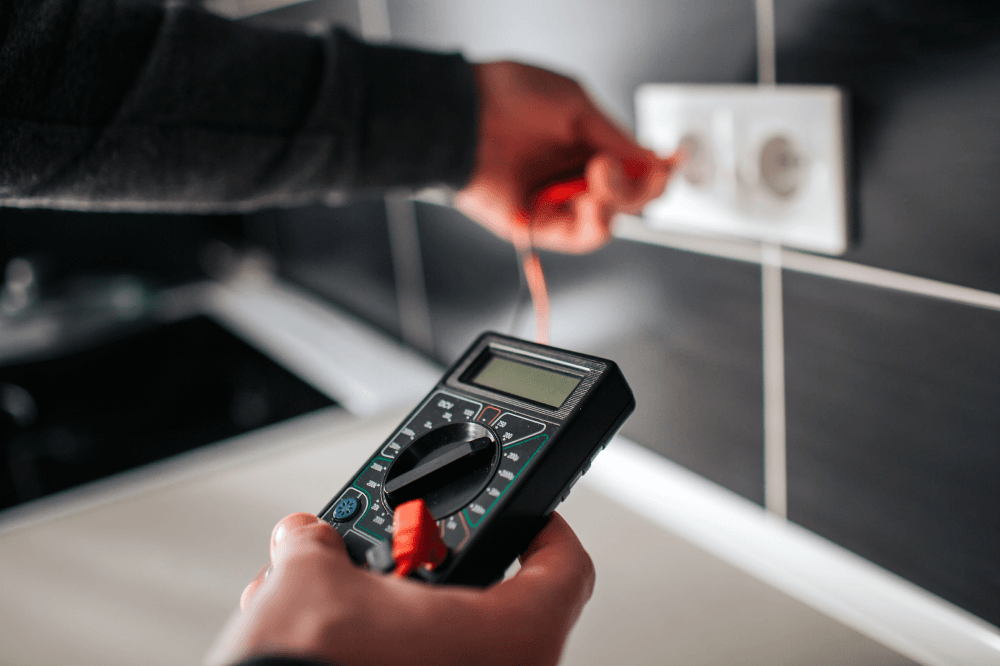All About Safety
Your home’s electrical system is one of the most complex systems in your home. It runs through every room and every wall and has an impact on the operation of almost every other system. It is also one of the systems with the most potential for damage and disruption if something fails. Power outages, fires, and harmful electrical shocks are just a few of the things that can be the result of a poorly functioning electrical system. Scheduling a regular home check inspection in Philadelphia, PA, that includes a thorough review of your home’s electrical connections and wiring will help you sleep peacefully at night knowing that you’ve done what you can to protect your home.
Basic Checkpoints
A thorough electrical inspection will include the following:
- An examination of the electrical panel. Inspectors visually inspect the fuses and circuit breakers for signs of wear and tear, smoky residue, loose connections, or age. Old and outdated fuses will be replaced and as will any worn or rusty parts. Inspectors will also check to make sure that the main breaker has sufficient amperage to support the needs of the home and make recommendations for upgrades if necessary.
- A close look at wiring and connections. The first thing inspectors notice is whether the wiring is copper or aluminum. Aluminum wiring was used in homes built roughly between 1965 and 1973 when the cost of copper was high. Aluminum wiring tends to overheat and cause fires, so any aluminum wiring will be noted on an inspector’s report. Since rewiring an entire home is not practical, electricians can replace outlets and wall switches with newer models that are safer for aluminum wiring.
- Wall outlet tests. Inspectors use a multimeter to test wall outlets to make certain each one reads about 120 volts. Low voltage can cause lighting and appliances to work poorly and high voltages are a fire risk. Any voltage readings that are off are traced back to the circuit box and flagged for further follow-up.
- Switch tests. Inspectors flip switches to make sure they work and test any non-working switches to determine if the current is actually reaching the switch.
- GFCI tests. Ground fault interrupter circuits are a safety mechanism designed to interrupt the flow of current when adverse events such as water or an overload are sensed. These outlets have a small, red, rectangular button that pops out when the current is shut off. They are most often found in areas where water may be present like kitchens, bathrooms, garages, or outdoor outlets. Many older homes do not have GFCIs and their absence should always be noted by inspectors.
Conditions that Require an Inspection
The Electrical Safety Foundation recommends home electrical inspections for any of the following reasons:
- The purchase of a new home
- When a new major appliance is added
- In the event of a significant renovation
- When a home is beyond 40 years old
In all cases, the inspection should be completed by a skilled home inspector.
Call for Your Inspection Today
If it’s time for your home to have a residential electrical inspection in Philadelphia, PA, call Eagle Inspections. Our certified home inspectors are available to inspect your electrical system and let you know what changes, if any, you need to make to keep your home and family safe. We offer electrical inspections as well as complete residential inspections. Call and schedule your inspection today!
